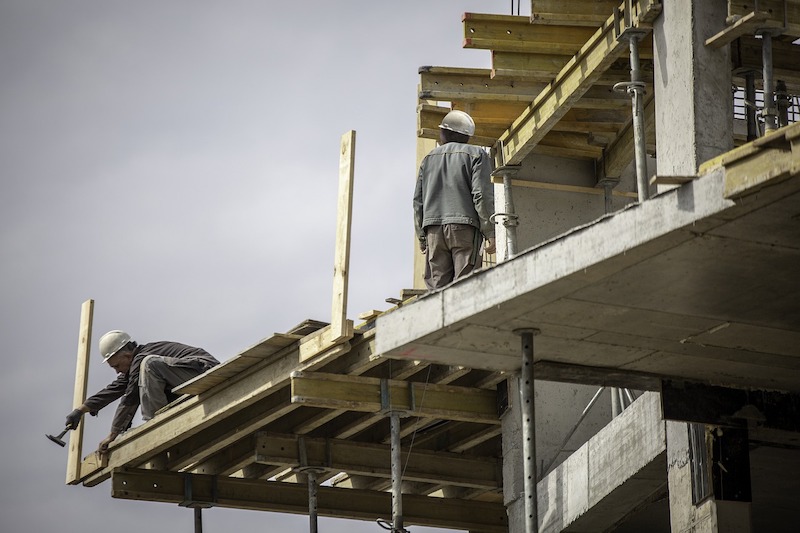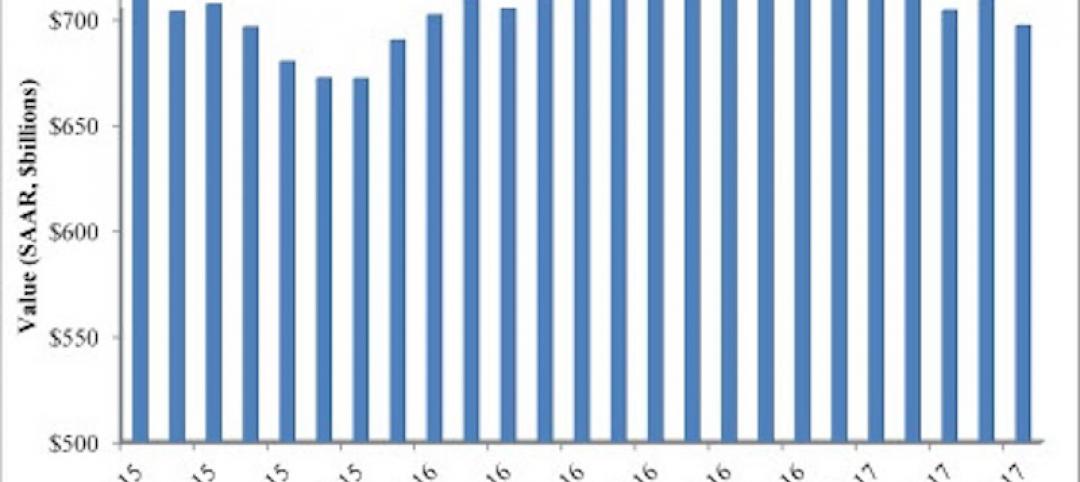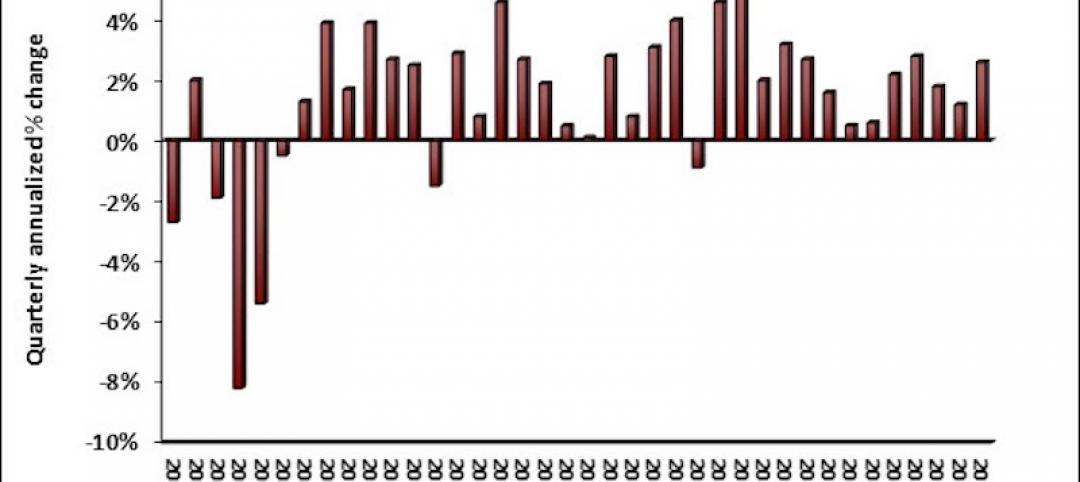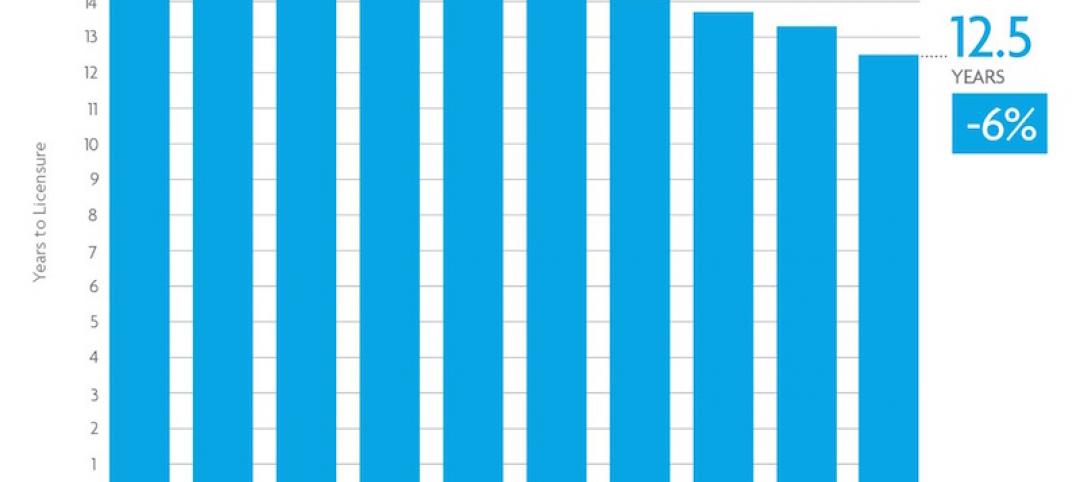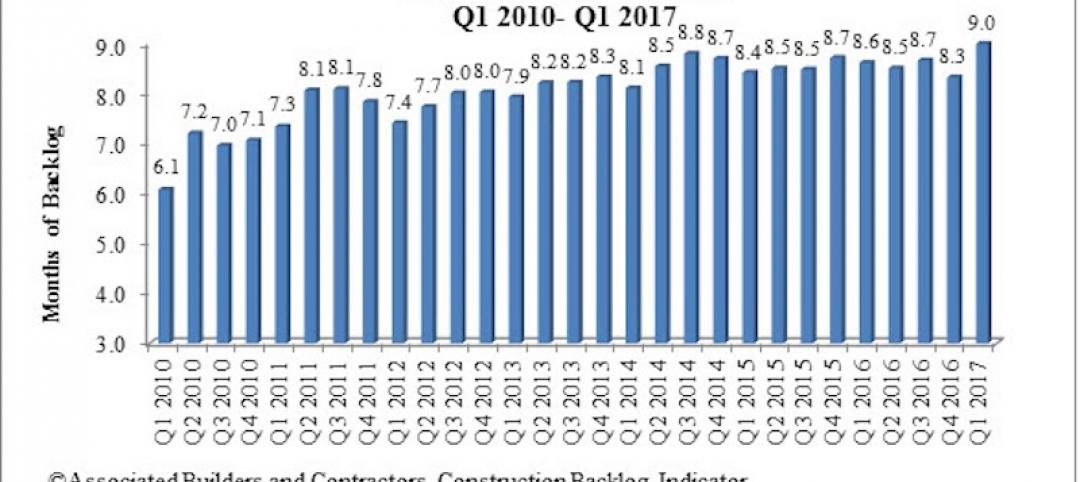Construction employment increased by 20,000 jobs in December and by 151,000, or 2.0 percent, in all of 2019, according to an analysis of new government data by the Associated General Contractors of America. Association officials noted that its recent survey found three out of four contractors expect to keep adding workers in 2020, but even more respondents found it difficult to fill positions in 2019, and a majority anticipate it will be as hard or harder to do so in 2020. Officials called on the federal government to increase funding for career and technical education and expand employment-based immigration for workers whose skills are in short supply.
“More than four out of five respondents to our survey said they were having a hard time filling salaried or hourly craft positions in 2019,” said Ken Simonson, the association’s chief economist. “Nearly two-thirds of the firms say that hiring will be hard or harder this year. In light of those staffing challenges, costs have been higher than anticipated for 44 percent of respondents and projects took longer than anticipated for 40 percent of them. As a result, 41 percent of respondents have put higher prices into their bids or contracts and 23 percent have put in longer completion times.”
Simonson observed that both the number of unemployed workers with recent construction experience (489,000) and the unemployment rate for such workers (5.0 percent) were the lowest ever for December in the 20-year history of those series. He said these figures support the survey’s finding that experienced construction workers are hard to find.
“Contractors are confident that there will be plenty of projects in 2020,” Simonson added. “Our survey found that for each of 13 project types, more contractors expect an increase in 2020 than a decrease in the dollar value of projects they compete for.”
Association officials said the optimistic outlook for projects depends on having an adequate supply of qualified workers. The officials urged the Trump administration and Congress to double funding for career and technical education over the next five years, pass the JOBS Act to expand opportunities for students seeking alternatives to college, and enable employers who demonstrate an unfilled need for workers to bring them in from outside the U.S.
“Construction can play a major role in sustaining economic growth, but only if the industry has an expanding supply of both qualified workers and new entrants to replace retirees,” said Stephen E. Sandherr, the association’s chief executive officer. “Construction firms are working hard to overcome labor shortages, but federal officials must do their part by adequately funding career and technical education, making it easier for students to qualify for loans for short-term technical education programs and putting in place needed immigration reforms.”
View the 2020 Construction Outlook Survey.
Related Stories
Market Data | Aug 2, 2017
Nonresidential Construction Spending falls in June, driven by public sector
June’s weak construction spending report can be largely attributed to the public sector.
Market Data | Jul 31, 2017
U.S. economic growth accelerates in second quarter; Nonresidential fixed investment maintains momentum
Nonresidential fixed investment, a category of GDP embodying nonresidential construction activity, expanded at a 5.2% seasonally adjusted annual rate.
Multifamily Housing | Jul 27, 2017
Apartment market index: Business conditions soften, but still solid
Despite some softness at the high end of the apartment market, demand for apartments will continue to be substantial for years to come, according to the National Multifamily Housing Council.
Market Data | Jul 25, 2017
What's your employer value proposition?
Hiring and retaining talent is one of the top challenges faced by most professional services firms.
Market Data | Jul 25, 2017
Moderating economic growth triggers construction forecast downgrade for 2017 and 2018
Prospects for the construction industry have weakened with developments over the first half of the year.
Industry Research | Jul 6, 2017
The four types of strategic real estate amenities
From swimming pools to pirate ships, amenities (even crazy ones) aren’t just perks, but assets to enhance performance.
Market Data | Jun 29, 2017
Silicon Valley, Long Island among the priciest places for office fitouts
Coming out on top as the most expensive market to build out an office is Silicon Valley, Calif., with an out-of-pocket cost of $199.22.
Market Data | Jun 26, 2017
Construction disputes were slightly less contentious last year
But poorly written and administered contracts are still problems, says latest Arcadis report.
Industry Research | Jun 26, 2017
Time to earn an architecture license continues to drop
This trend is driven by candidates completing the experience and examination programs concurrently and more quickly.
Industry Research | Jun 22, 2017
ABC's Construction Backlog Indicator rebounds in 2017
The first quarter showed gains in all categories.


